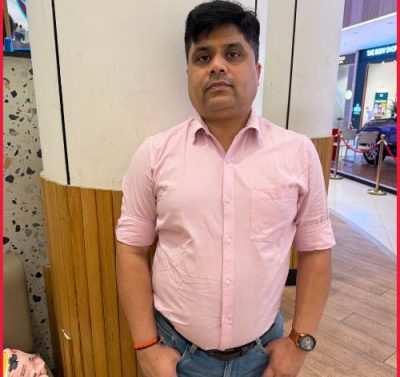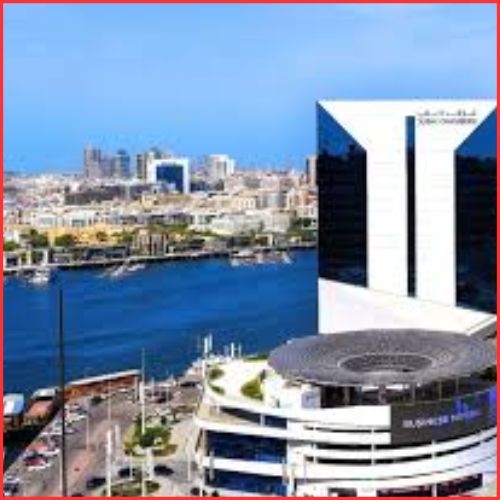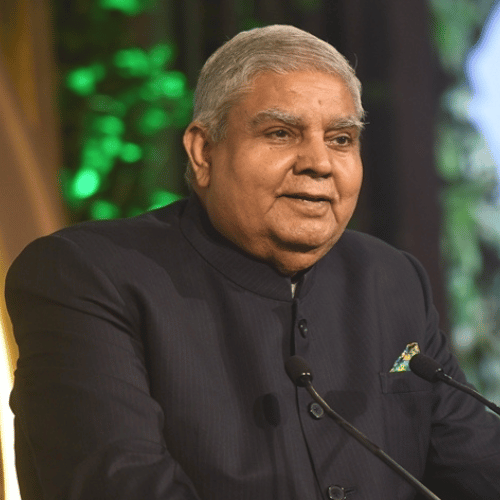During a personal hearing held on June 16, Tata Sons steadfastly asserted that the tax demand was baseless, arguing that no goods and services tax should be imposed on liquidated damages. However, the DGGI contended that Tata Sons had provided a loan to its subsidiary for the purpose of settling the dispute and, as a consequence, was liable to pay taxes on the loan amount.
Image-: Benzinga
In a rather perplexing turn of events, Tata Sons finds itself entangled in a dispute with the goods and services tax authority over a substantial tax demand of ₹1,500 crore ($183 million). This demand stems from a settlement in 2017 between Tata Sons and NTT Docomo, amounting to a staggering $1.27 billion, concerning a defunct telecom joint venture. The Directorate General of GST Intelligence (DGGI) initially raised this tax claim, prompting them to seek an extension for the next hearing in the Bombay High Court. The reason behind this request lies in the voluminous documents submitted by Tata Sons, which necessitate thorough examination by the officials.
Scheduled for consideration in the first week of July, the plea awaits the court’s attention. During a personal hearing held on June 16, Tata Sons steadfastly asserted that the tax demand was baseless, arguing that no goods and services tax should be imposed on liquidated damages. The company insists that its stance remains unwavering and expresses optimism in being vindicated. According to a knowledgeable source, GST officials are diligently scrutinizing the extensive documentation, which spans thousands of pages. Once this arduous task reaches completion, a decision will be made regarding the issuance of a show cause notice with the demand or the closure of the case.
An executive closely associated with the matter emphasized that the group’s position had been clearly elucidated and explained to all relevant parties. Tata Sons, acting on behalf of Tata Teleservices, disbursed the settlement sum to NTT Docomo in relation to the aforementioned joint venture with the Japanese company. However, the DGGI contended that Tata Sons had provided a loan to its subsidiary for the purpose of settling the dispute and, as a consequence, was liable to pay taxes on the loan amount.
Last year, in October, the GST department issued Tata Sons a pre-show cause notice concerning the tax claim, which prompted the company to challenge it in the Bombay High Court. Although the court initially granted relief to Tata Sons, allowing them to proceed with the pre-show cause notice, a subsequent ruling in April of this year permitted the department to continue its proceedings, necessitating the taxpayer’s appearance before the GST authority for a personal hearing.
In its plea before the High Court, Tata Sons referenced a circular issued on August 3, 2022, by the Central Board of Indirect Taxes and Customs, as well as another circular on February 28, 2023, to support its contention that no goods and services tax could be levied on liquidated damages. In previous interactions with the department, the Tata group had asserted that the payment to its Japanese partner arose from arbitration proceedings in a London court, rendering GST inapplicable.
However, an informed official argued that, given Tata Sons’ status as the holding company, it was liable for an 18% GST on the payment. The circular cited by the group also mentioned that GST would be applicable if an obligation existed to tolerate an act or a situation in relation to the supply of services.















